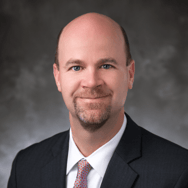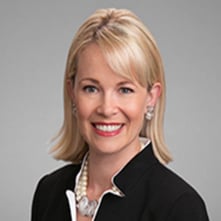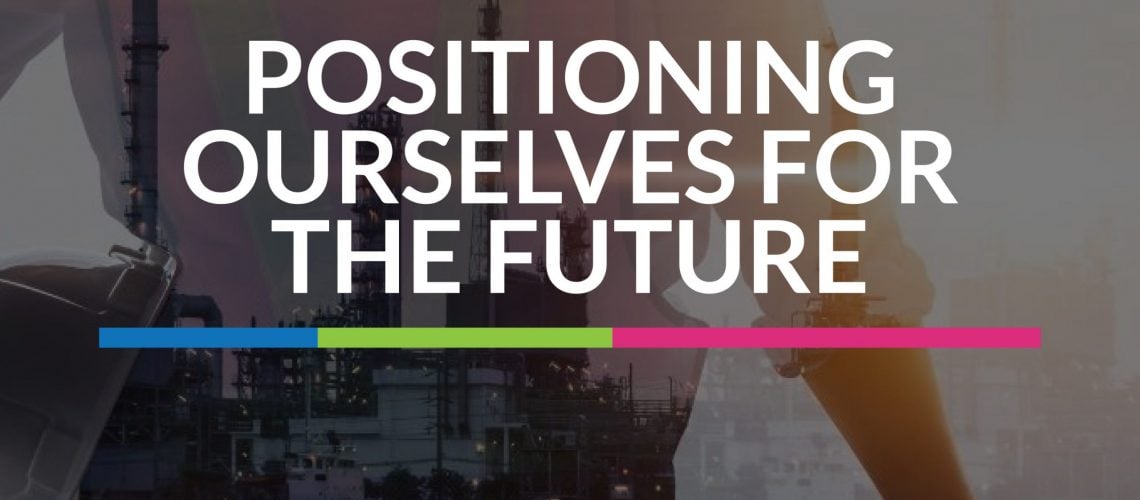In this episode of The Voices of Energy, Katie Mehnert leads a discussion on ESG. She is joined by panelists Hillary Holmes, partner and co-chair of the Capitalist Markets Practice at Gibson Dunn and Crutcher and Dan Pickering CIO of Pickering Energy Partners. Their conversation covers the role of ESG in the energy industry's future and why companies should prioritize and disclose ESG achievements.
Black Rock's statement (03:40)
The conversation begins with Katie covering Black Rock’s 2018 statement to CEO’s on sustainability. Larry Fink urged the exiting of investment that present a high sustainability risk, with a huge focus on transparency and sustainability. Amidst the COVID-19 crisis, Fink upped his commitment, saying that by the end of this year 100% of it’s portfolios will integrate ESG metrics. Katie explains firms are not just putting pressure on environment and governance, earlier this year Goldman Sachs made a statement at Davos about the firm’s mandate to IPO companies only if they put a woman or Person of Color on their board. Katie dissented on this view, and urged a focus on company culture for sustainable results. In a similar move, Fink recently committed to increasing the firm’s black workforce by 30% and doubling it’s black senior leadership by 2024.
What started ESG in energy? (05:25)

The first question the panel tackles is where did ESG in energy start and if it’s just hype. Dan answers that ESG in energy has been around for some time, but climate change conversations beginning in the mid 90’s started the build of the ESG movement recently. Hillary agrees that while ESG can be deemed a bit of a fad, the fundamental principle of social and governance related measures can be linked to corporate messages. She explains this is a long term issue, and we have to be wary of turning it into a fad. Hillary says in her view ESG is an issue of access to capital. Investors are seeking productivity and efficiency which should drive higher margins and long term profitability, for future success, she recommends considerations be given to which ESG initiatives. Dan agrees saying ESG is now the cost of doing business.
Expanding portfolios (14:16)
As companies reevaluate their values in terms of ESG, Katie asks the panel if implementing new policies is the standard practice, or if acquiring new business is how to expand their portfolios. Dan says he sees some companies buying their way into a greener future. As opposed to acquiring things, he’s seeing more about the implementation of new policies. In his opinion, the focus of these changes is largely on the E, and some on the G, while the S is a newer conversation. Companies are starting to develop their energy plans, and in Dan’s opinion it’s going to take a minimum of five years. Hillary agrees that the changes are mostly policies and procedures, not acquisitions. She stresses management should not pursue ESG initiatives simply for the sake of it or betterment of their reputations. There isn’t a one size fits all approach for the industry.
ESG in the 2020 election (20:45)
Looking to the November election, Dan thinks a Biden presidency will have a stronger focus on regulation and financial resources given toward climate change initiatives. Although, he points out, even with the current administration's anti-regulatory policies, we are still seeing a push for ESG initiatives. Hillary believes Biden’s presidency and his net zero carbon emissions by 2050 process could standardize reporting around emission issues. The flip side of that she explains, is that it could negatively industry ESG ratings. A Biden administration could see more S policies, that Hillary thinks could be interesting in relation to the cost to corporations and diversity and equality in the industry.
Immediate actions (25:26)

There are many companies who have ESG policies that are being done without an awareness of ESG. Katie asks the panel what immediate ESG actions organizations can take. Hillary shares her method of looking at your current policies and efforts to identify the ESG items you’ve already implemented, and then turning your attention to long-term goals. Successful ESG efforts and profitability and sustainability, especially in the face of a crisis like COVID, go hand-in-hand.
Dan shares his belief that just beginning is the most important step. For E, he recommends beginning with reducing flaring and measuring emissions. On the G side of things, he recommends incentivizing the organization to accomplish goals. In terms of S, he says you can create accountability by putting out a list of values but internally and externally. Hillary agrees, stressing ESG efforts should be measurable and integrated through an organization.
A focus on 'S'ocial (36:25)
S initiatives, Dan believes start from the ground up with internships and grassroots movements. The industry at large, Dan and Hillary explain, has not been great at S goals, they both agree there has to be a cultural change. Hillary stresses that organizations are more profitable with more diversity, and breaks down specific targets for companies expanding their S initiatives. Katie chimes in that fair access to jobs and opportunities is mission critical.
Resources for thinking about ESG (49:03)
As the episode ends, Katie asks the panel what resources they use to frame their thinking on ESG. Dan shares that big bank research has been a good place for him to learn, but he also stresses the importance of common sense applied to all ESG practices. Hillary shares the voluntary regimes in the US, the Taskforce on Climate Related Financial Disclosures, the Global Reporting Initiative, Carbon Disclosure Project, and the Sustainability Accounting Standards Board.
Download the full show notes here.




